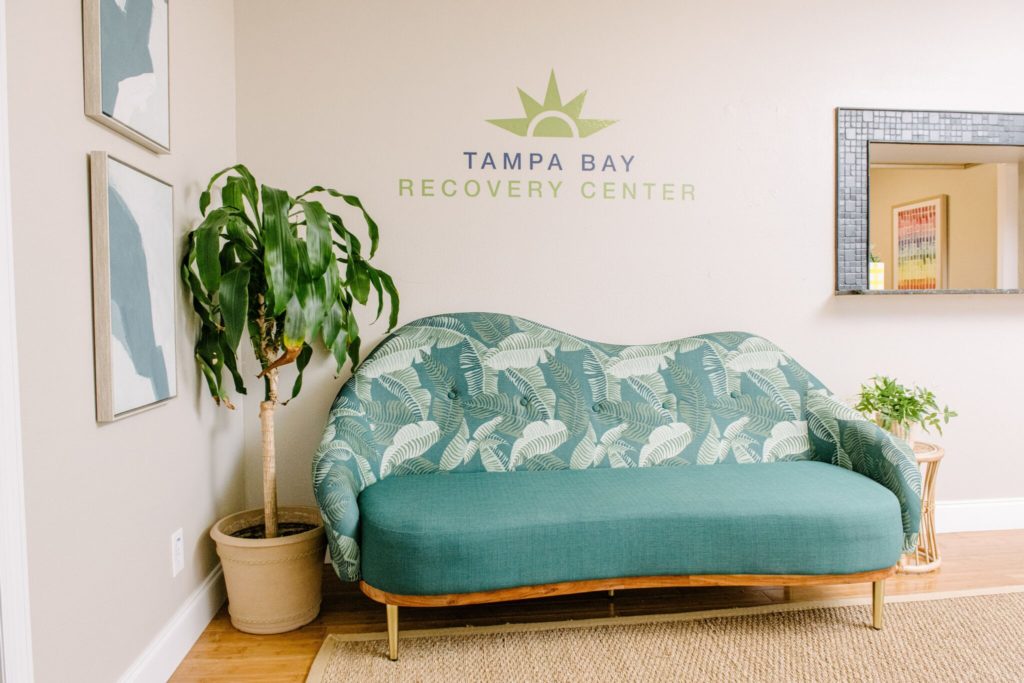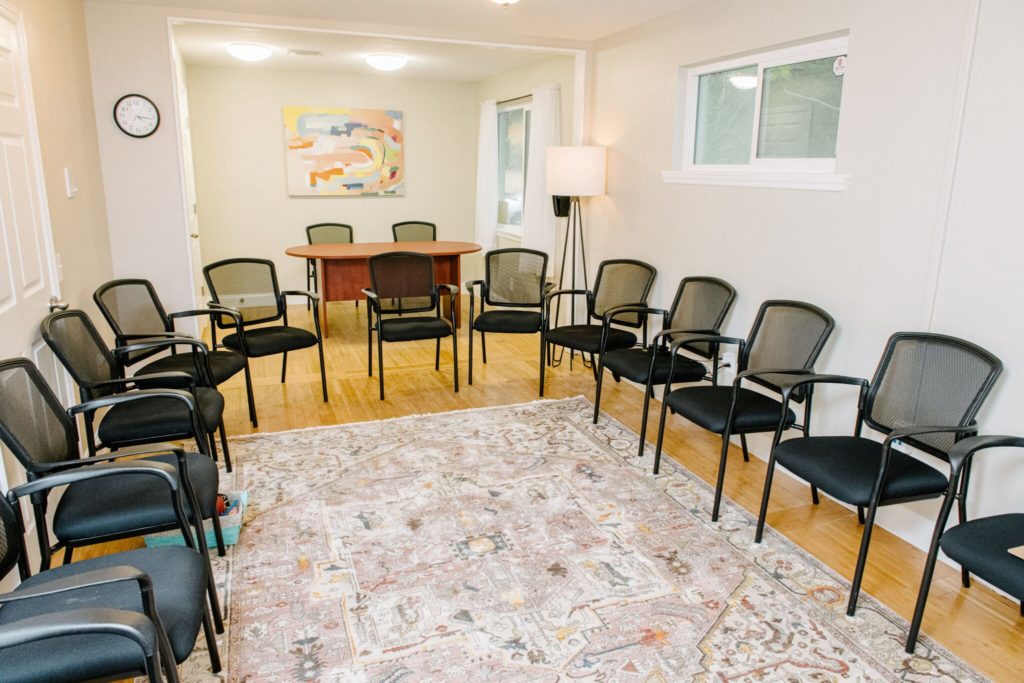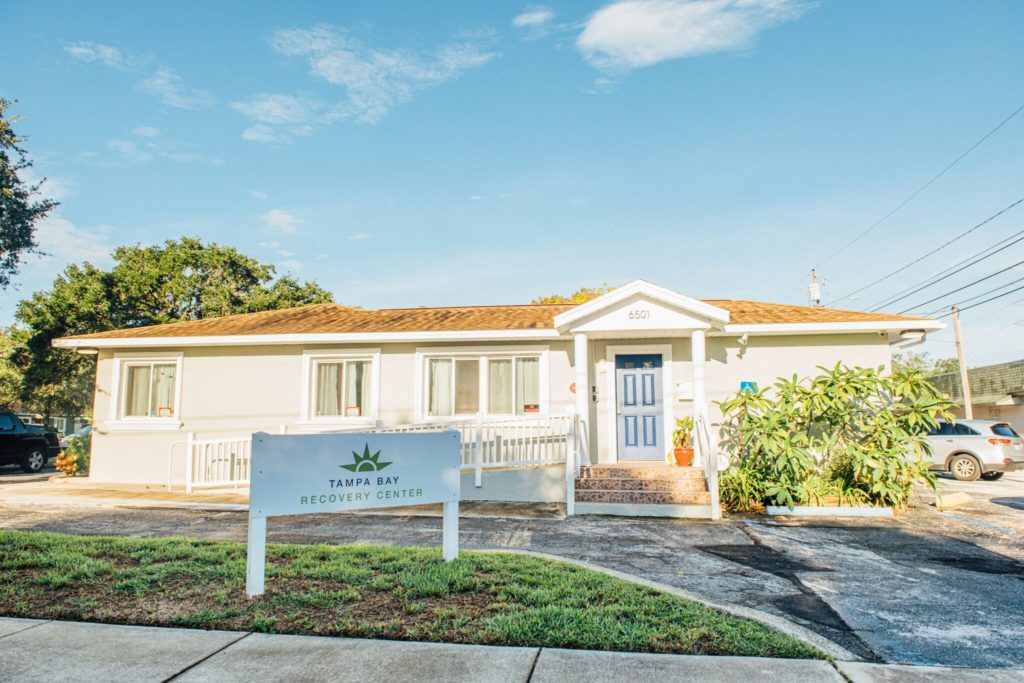Medically Reviewed

Medically reviewed by Erika Dalton, LMSW
Written by Tampa Bay Recovery staff
Updated on August 13, 2023
Contents
Rehab in St. Petersburg
It’s time to put your health first. Call us right now to learn how we can help you break the cycle of addiction for good and create a new life of possibility
Once a person has become dependent on heroin, oftentimes, heroin addiction treatment is needed to get off of this dangerous drug. Fortunately, heroin addiction is a treatable condition. When a person who struggles with this disorder receives proper care at a facility, they can regain control of their life. We not only treat those struggling with heroin but look at underlying factors that led to heroin addiction in the first place.
Our Approach to Heroin Addiction Treatment
At Tampa Bay Recovery Center, we believe that heroin addiction treatment should be a holistic and collaborative experience.
Our holistic services are designed to address all facets of a person’s needs so that they can heal in mind, body, and spirit. We understand that drug addiction rarely occurs in a vacuum. We identify the issues that may have contributed to each person’s struggles with substance abuse, and our addiction treatment in Tampa addresses the full scope of their needs.
The collaborative nature of our treatment programming means that people who enroll in our programs are expected to play an active role in their treatment. We encourage each person to ask questions, participate in important decisions, and otherwise take ownership of their recovery. When appropriate, we also invite family members to become involved in their loved one’s care.
Behavioral Signs of Heroin Addiction
Behavioral Symptoms
The following are common physical and behavioral signs of heroin addiction:
- Fatigue or lethargy
- Excessive sleeping
- Itchiness
- Constipation
- Slurring speech
- Significant weight loss
- Scabs, sores, lesions, and bruises on the skin
- Wearing long pants and long sleeves, even in hot weather, to hide evidence if IV drug use
- Frequently missing school or work
- Failing to meet personal or professional responsibilities
- Apparent lack of attention to appearance or personal hygiene
- Possessions of syringes, hypodermic needles, rubber tubing, bent or burned spoons, and other heroin paraphernalia
Emotional Symptoms of Heroin Addiction
- Confusion and disorientation
- Hallucinations and delusions
- Inability to follow conversations
- Dramatic mood swings
Ready to Escape Addiction? Let's get Started
Tampa Bay Recovery Center is a premier leader in the provision of addiction treatment services. If you or someone you love is in need of professional care to address a substance use disorder, reach out to us right now at (813) 733-8774 to speak with an admissions specialist who can get you started on the road to recovery.
Physical Symptoms of Heroin Addiction
Two significant signs that indicate a person’s heroin abuse has turned into an addiction are tolerance and withdrawal:
- Tolerance means the person will need to use larger amounts of the drug to achieve the desired effects.
- Withdrawal refers to the onset of distressing physical and psychological symptoms when a person can’t acquire heroin or when they try to end their heroin abuse.
Anyone who abuses heroin even once is at risk for considerable harm. When a person becomes addicted, the likelihood of long-term damage increases considerably.
Risk Factors for Heroin Addiction
There is no single, universal cause of heroin addiction. But experts have identified several risk factors that are associated with this disorder. People who meet one or more of the following criteria may have an elevated danger of becoming addicted to heroin:
- A family history of mental illness and/or addiction
- Previous abuse of alcohol or other drugs
- Using prescription opioids to treat acute or chronic pain
- Associating with peers who abuse heroin or other opioids
- Personality traits such as impulsivity and novelty seeking
None of these risk factors guarantee that a person will abuse or become addicted to heroin. But they can raise a person’s risk for eventually needing heroin rehab.
Overcome Addiction with evidence-based, expert care.
Heroin Addiction Statistics
The following statistics about heroin abuse and heroin addiction are from the U.S. Centers for Disease Control and Prevention (CDC) and the National Institute on Drug Abuse (NIDA):
- Experts estimate that more than 690,000 Americans are currently addicted to heroin.
- About 33% of people who entered treatment for opioid addiction say that heroin was the first opioid they abused.
- From 2010-2020, the number of annual deaths due to heroin overdose increased by more than 400%.
- From 2019-2020, heroin overdoses were responsible for more than 13,000 deaths in the United States.
- In 2019, about two of every 10 drug overdose deaths involved heroin.
Benefits of Heroin Addiction Treatment in Tampa
Our heroin addiction treatment program offers the following benefits:
- Customized treatment: Each person follows an individualized plan that is based on a detailed assessment of their history, needs, and treatment goals.
- Evidence-based therapies: We incorporate a variety of research-supported therapeutic services into each person’s customized plan.
- Innovative services: In addition to including more traditional forms of psychotherapy, treatment at our heroin rehab may also incorporate brainspotting therapy, red light therapy, eye movement desensitization and reprocessing (EMDR) therapy, and other services as needed.
- Compassionate experts: Throughout a person’s time in our program, they will be cared for by a team of knowledgeable and compassionate professionals. Each member of our staff possesses a wealth of experience and an unwavering commitment to superior service.
- Discharge planning: As we will discuss in greater detail in the next section, we want to be sure we are putting every person in the best position to achieve and maintain long-term recovery from heroin addiction. Our discharge planning service is a vital part of this effort.
Our Philosophy
We believe that getting help for substance use disorders is about much more than just trying to get through another day of not drinking or using drugs. Our mission is to help people reclaim their lives by teaching them how to effectively deal with the stress, trauma, and anxiety that contribute to their addictions.
Meet Our Team
Our staff has over 60 years of combined experience in treating behavioral health disorders. Our compassionate and empathetic approach has helped hundreds.







